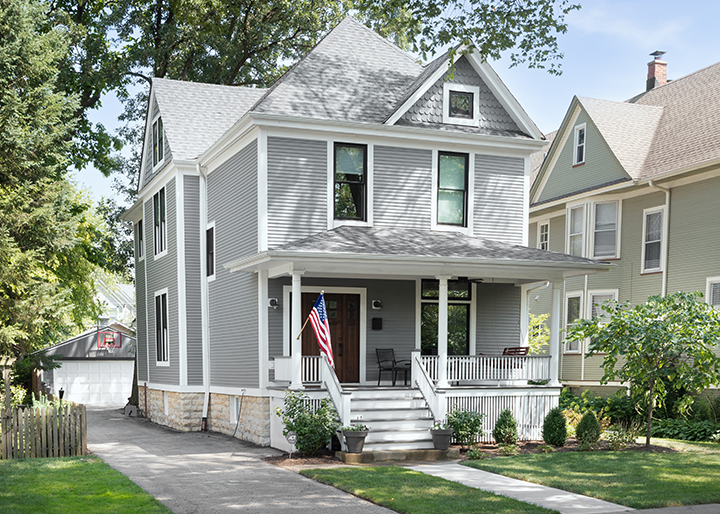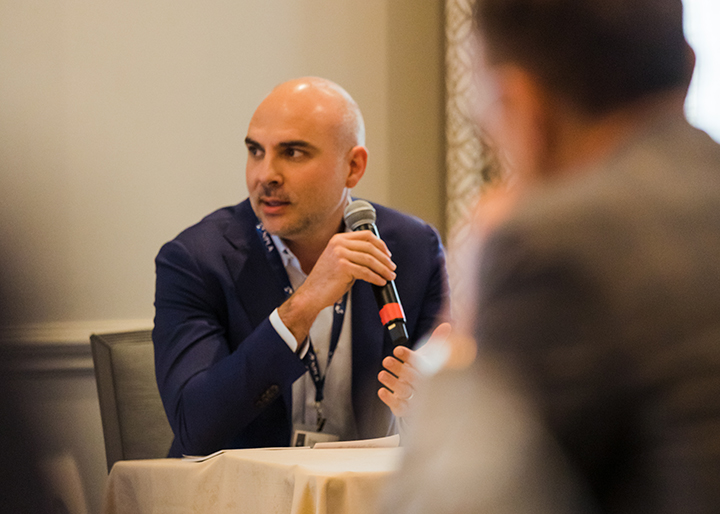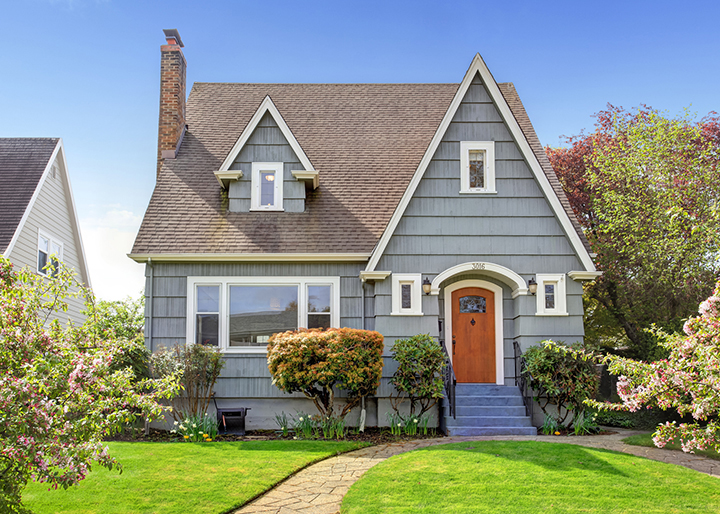Philadelphia, Pennsylvania
The City of Brotherly Love Faces an “Uncomfortable” 2023 Market By Carole VanSickle Ellis When a national expert like Moody’s Analytics chief economist Mark Zandi starts your market’s year off with the observation, “We’re in the bad times,” a lot of local homebuyers get chills — and not in a good way. For real estate investors, however, those chills are something like a silver lining, and Zandi only increased investor
Read More












